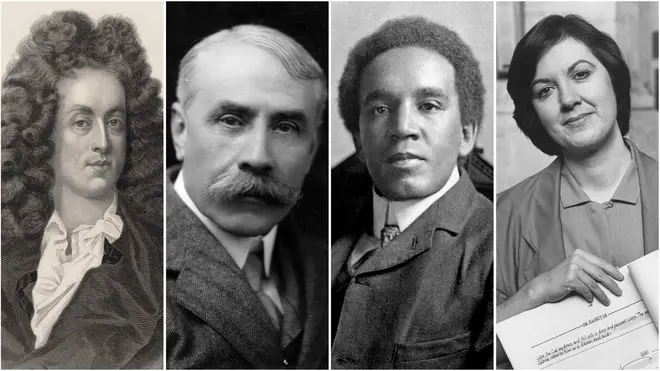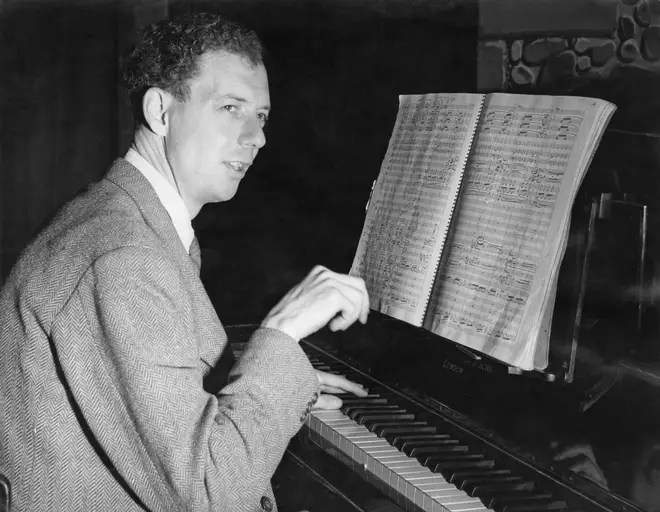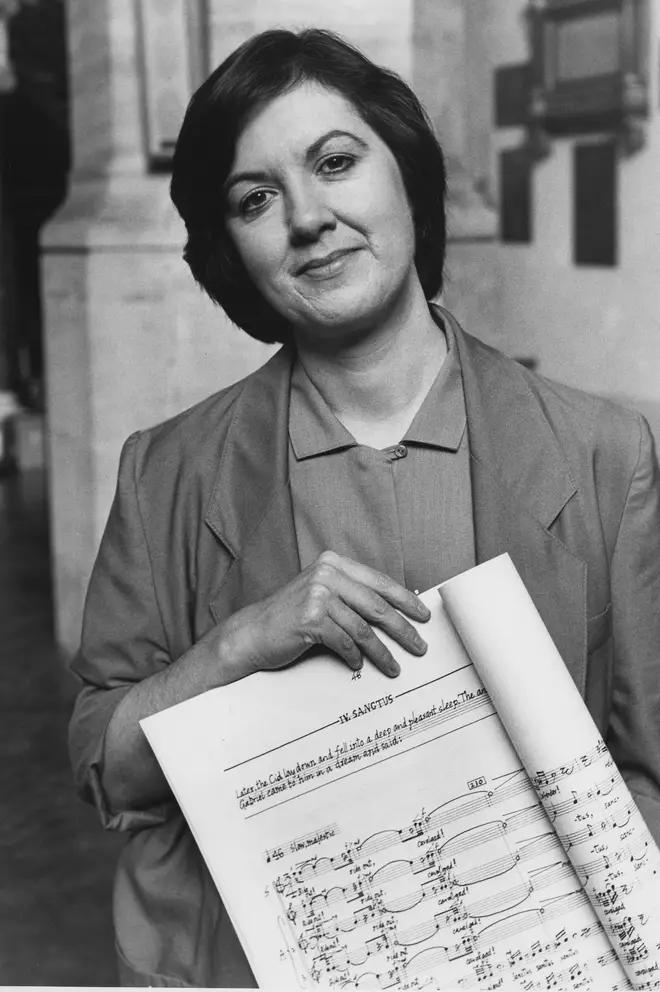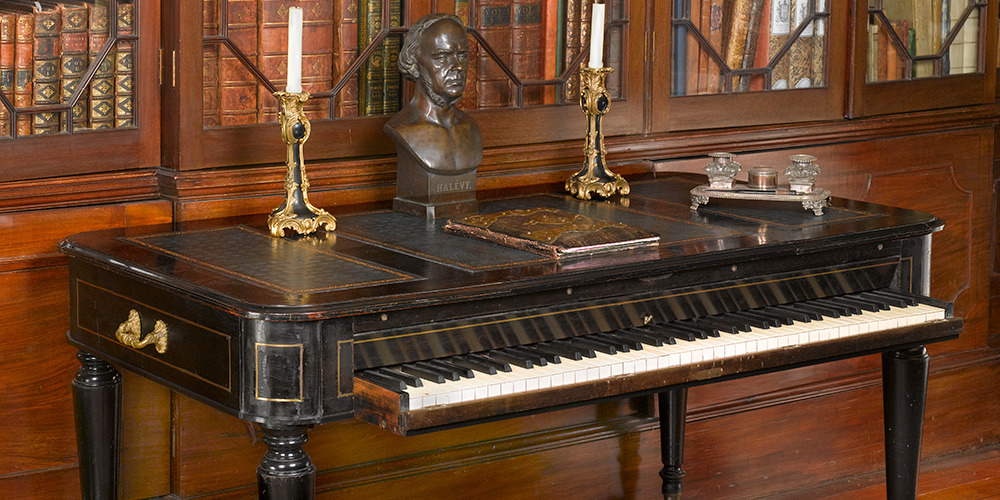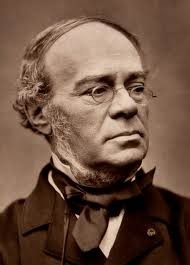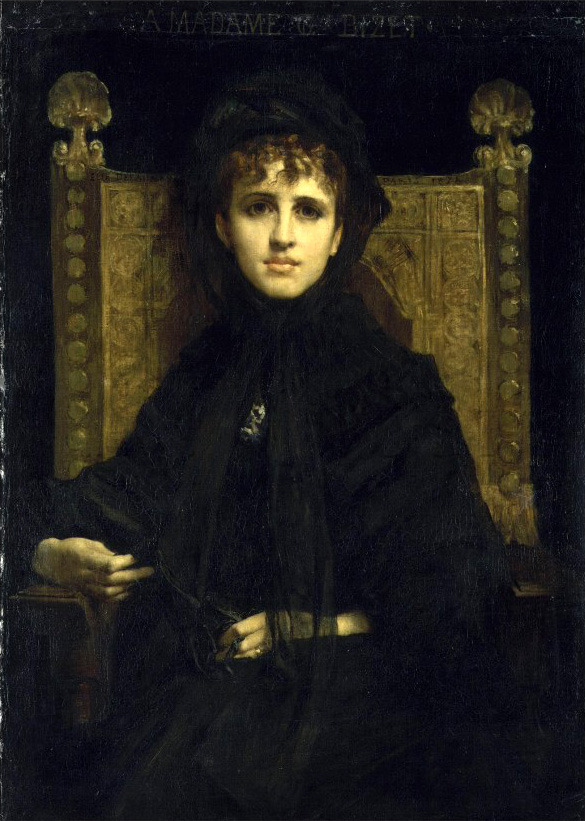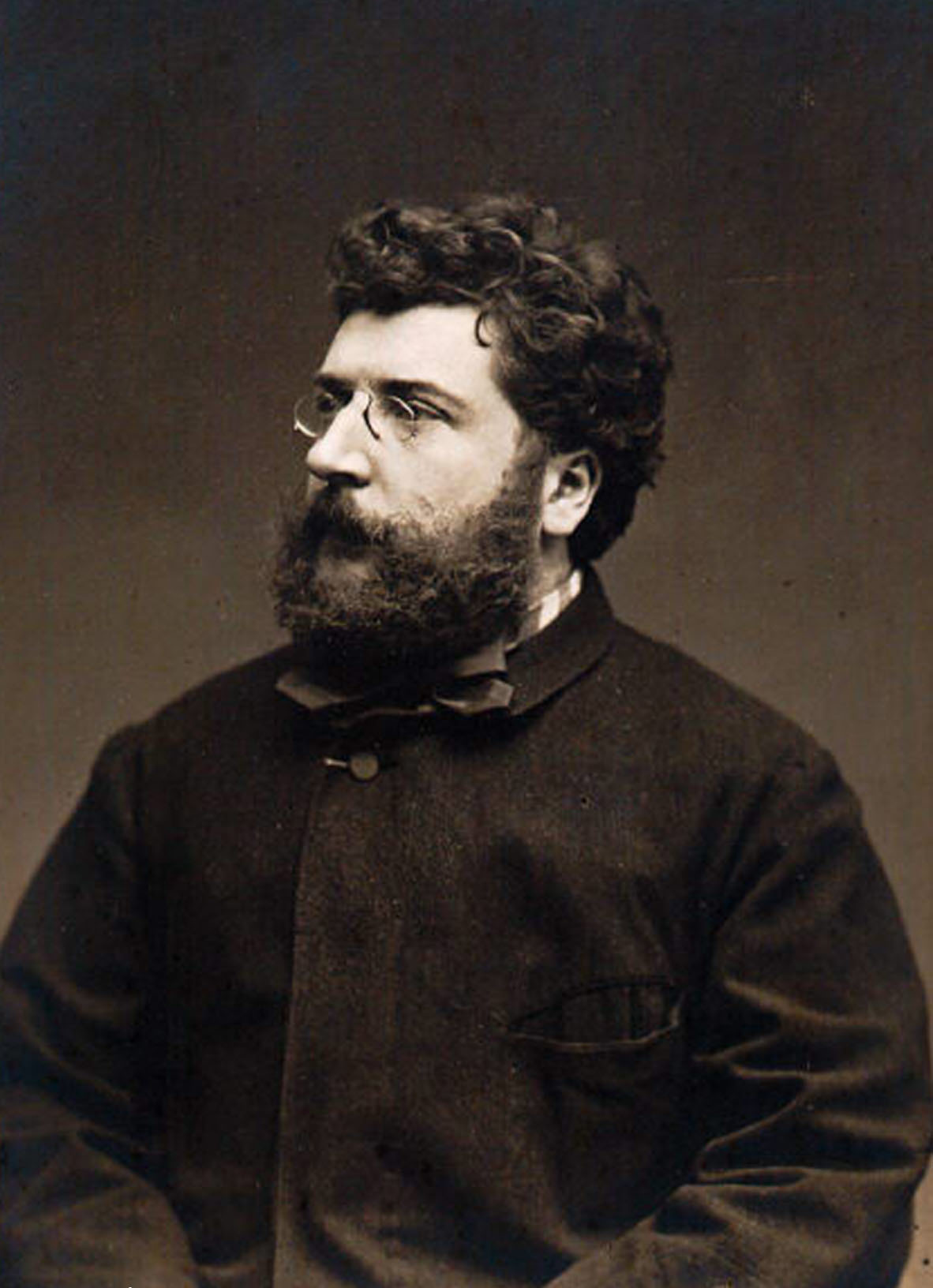After its successful metamorphosis on its recently concluded 38th concert season, the Philippine Philharmonic Orchestra (PPO) turns gold.
Established in 1973, the country’s leading orchestra looks back at its humble beginnings through its PPO 50th Anniversary Gala, slated on May 12, 8 m., at the Metropolitan Theater - the temporary home of the PPO while the CCP Main Building is undergoing rehabilitation.
For this milestone, the CCP resident orchestra recreates in part its very first concert, which happened on May 15, 1973. That debut concert of the orchestra, under the baton of Maestro Luis C. Valencia, its first music director, with Julian Quirit as concertmaster.
In the 1973 concert, the PPO performed Alfredo S. Buenaventura’s Bathaluman and National Artist Lucrecia Kasilag’s Divertissement for Piano and Orchestra. The late National Artist was the president and artistic director of the center back then.
Made possible through the auspices of the former First Lady Imelda R. Marcos, the concert also featured Manuel de Falla’s Noches en los Jardines de España and G. Gershwin’s Rhapsody in Blue, with guest performer pianist Benjamin Tupas.
Initially intended to accompany performing artists at the CCP Theater when the orchestra was founded in 1973, the PPO had been reorganized in 1979, with Prof. Oscar C. Yatco at the helm. Three years later, the Philippine Philharmonic Orchestra was born with a new vision—to be ranked among the best in the world. From then on, the PPO has grown to become the country’s leading orchestra.

Under the baton of Maestro Rodel Colmenar, the PPO will once again relive the first concert, performing Buenventura and Kasilag masterpieces, with young pianist Aidan Ezra Baracol as guest performer. Known as the founder and music director of the Manila Philharmonic Orchestra (MPO), Rodel Colmenar has further proven his great skills and passion for music on international platforms and has collaborated with several outstanding local and foreign classical artists. As a conductor, he is significantly involved in the Kurt Masur Conducting Workshop in Detmold, Germany, and in the masterclasses of French conductor Jean Sebastian Bereau and Italian conductor Pierro Gamba.
Young virtuoso Baracol is currently a Grade 12 scholar at the Philippine High School for the Arts. He has won 16 local and international piano competitions over the last three years, notably the Junior Piano category of the National Music Competitions for Young Artists (NAMCYA). He is currently a scholar of the CCP.
Critically-acclaimed Filipino tenor Arthur Espiritu will perform Salut! Demeure e Chaste et Pure! from Faust (Charles Gounod), Che gelida manina from La Boheme (Giacomo Puccini), and Kundiman ng Langit (Augusto Espino).
Renowned for his impressive vocals and great presence on stage, Espiritu has performed in various operas, concerts, and recitals across the United States and other countries, showcasing his versatility and range as a performer. He has performed in the CCP opera production of Lucia di Lammermoor in 2020.
The anniversary concert will culminate with a must-watch performance of renowned pianist Dr. Raul Sunico, playing G. Gershwin’s Rhapsody in Blue under the baton of PPO resident conductor Herminigildo Ranera. A former CCP president, Sunico has brought home several awards in piano competitions held abroad including a silver medal in the 1979 Viotti International Piano Competition in Vercelli, Italy. He has also given solo recitals in Canada, Mexico, France, the United States, and Australia, among other countries. The Outstanding Young Men of the Philippines Awardee for Music in 1986, he has recorded around 50 compact discs, including his piano transcriptions of Filipino folk songs and kundimans, concertos by Grieg, Saint-Saens, Ravel, and Lucino Sacramento; solo classical pieces; popular American songs set to piano; chamber and duo piano music, and original compositions.
A multi-awarded performer, Ranera was a three-time prize winner of the NAMCYA in 1982 and 1983 as a performer in Trombone, Baritone, and Tuba (Chamber Music) categories. He was a prize- winner of the 1983 League of Filipino Composers Competition for Young Composers and collaborated with his mentor, Fr. Manuel P. Maramba, O.S.B. for various CCP productions. Ranera is the founder of the Philippine Band Association (PHILBANDA), a board member of the Asia-Pacific Band Directors Association, and the adviser of the Band Conductors League of the Philippines.
Coinciding with the gala concert, the CCP and PPO partnered with Widescope Entertainment to launch “Serenata,” the seven-track album consisting of well-loved Philippine folk songs and melodies from various regions of the country, on Spotify.
Originally released in 2014, the album includes: Atin Cu Pung Singsing (Kapampangan),Sarung Banggi (Bicolano), Ti Ayat Ti Maysa Nga Ubing (Ilocano), Sampaguita (Original Spanish “La Flor de Manila”), Malinac lay labi (Pangasinense), No Te Vayas De Zamboanga (Chavacano), and Walay Angay (Ilonggo).
National Artist Ryan Cayabyab gave a fresh interpretation to the seven well-loved folk songs, without compromising their traditional musical characteristics and making them multi-layered compositions. The decision to release Serenata in Spotify is in line with the CCP’s continuous efforts to awaken the consciousness of Filipinos to Philippine cultural heritage, and encourage the development and enhance public interest and appreciation of arts in various fields.
Tickets to the PPO 50th Anniversary Concert are available at the CCP Box Office, located at Tanghalang Ignacio Gimenez, Vicente Sotto Street, from Tuesday to Friday, from 9 a.m. to 6 p.m. You can also get tickets at the TicketWorld via www.ticketworld.com.ph. Ticket prices are P3,000 for Loge Premium and Orchestra Center Premium, P1,500 for Orchestra Left and Right, and P800 forBalcony Center, Right, and Left.
For other ticket details and inquiries, contact the CCP Marketing Department at salesandpromotions@culturalcenter.gov.ph. Visit the CCP website for more information. Follow the official CCP social media accounts on Facebook, Twitter, Instagram, and TikTok for the latest updates.


